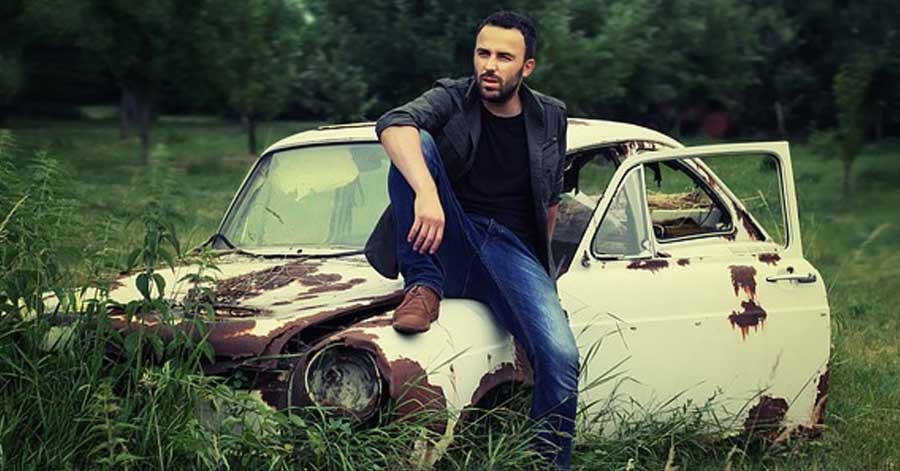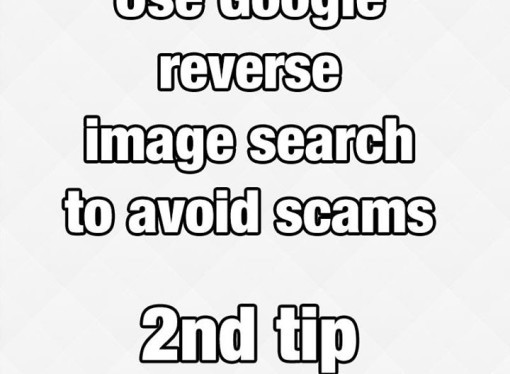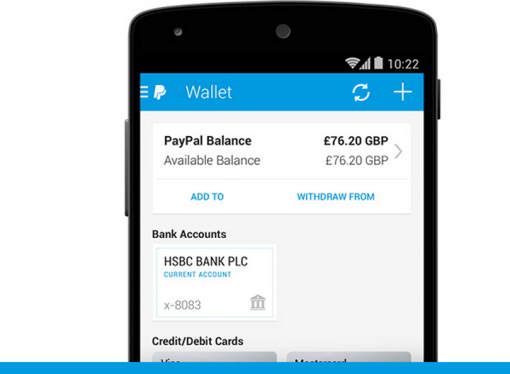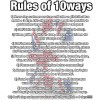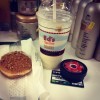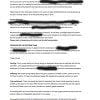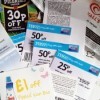Quick ways to increase your cars worth, the average car selling price can be increased in value by as much as £1200 by just cleaning it, doing some minor fixes and making it look pretty.
These should all be done regardless of where you’re selling the car, either privately or to a business either for a straight cash swap or part exchange for a new car
- Give the car a decent clean, inside and out
- Ensure the car is cleaner than normal, dust all the inside, hoover the gaps between the seats etc etc.
- Ensure the wheels of the car are the cleanest they’ve ever been (at least whilst you’ve owned it)
- Ensure you use Tire Black (or similar) before/after washing to make the tyres look like new (a trick that ALL dealerships use)

Give the car the best clean of its life!
- Properly clean the car windows
- Take some decent photographs in a pretty location, on a road into a stately home, in the local park etc. Plenty of images.
- Ensure all bulbs etc are all working fine, this proves the car was well looked after
- Compare the paint inside the door area to the outside, if there is a major difference look at getting the car professionally waxed/cleaned etc
- Pull out all the old car mats, if they’re washable do that if not replace them. It will cost you £15-£50 but might increase the cars perceived value by as much as £200-£400
- Get the car papers in order, you should have been keeping all the receipts for services, MOT, tyres, new parts etc over the years. Ensure these are all together in a plastic wallet (this also helps you look like you cared for the car, which gives them less reason to barter you down price wise)
- Ensure there are no warning lights visible, if you do have them get them checked out. It might be a £20 cost that would potentially put off many possible buyers.

Getting a mechanic to fix/repair small fixes etc might cost you £50 but might save you £300 in negotiations! At least get some quotes.
- Parking scratches, damaged bumpers etc might seem like nothing to you but potential buyers might be put off. At least get some quotes for the damage and if it’s reasonable then get the work done but if you’re not willing to do it, at least the next buyers will have a price point they know they will need to pay to get the work completed. However, you risk them walking away if you’re not willing to negotiate the price
- Write up the spec of the car + a good couple of paragraphs about how you’ve looked after the car, how you’ve found the car and importantly mention any of the imperfections with the car, e.g. scratch on rear bumper etc. Not mentioning these imperfections until the person arrives to see/buy the car is a massive issue, it will cause them to think you’re a dishonest seller + they will demand money off etc (understandably).
- Selling to friends of friends etc is the ideal situation to cut down selling costs, put a sign up in the window & spread the word on local social media selling pages
- By law you must: mention the exact make and model, year of manufacture and registration identifier (eg ‘09’ or ‘59’ plate for 2009), Mileage, Condition, Colour, Full service history (or not), List of equipment/extras & your contact details
- If selling to a dealer as a part exchange, never sell it until you’ve agreed a decent price for the new car. Often they will do a ‘good deal’ on the part exchange but they’re still ripping you off on the main car price.
Safety when people come to view your car

Get a family member/friend to be with you. Tip for buyers and sellers!
- Always have a friend/family member with you (both buyers and sellers), an extra pair of eyes will help you spot things you might miss + will be a good excuse if you want to go off and have a think about it
If the buyer arrives and you don’t have a family member with you then ensure family/friends know what you’re doing, send a text or ring them to let them know you’re showing someone your car. If you feel uncomfortable at all, just say so and get a family/friend to come over ASAP. - Check the person is insured to drive the car. A temporary insurance policy might cost a few quid to quickly setup, but it’s better than them crashing your car and you ending up stood there with a written-off car that technically wasn’t insured.
Just ring your insurance company to check &/or ensure they’ve got insurance on their policy that covers the car (however most likely this will be 3rd party only, so won’t cover the damage to your car), so you would be best ringing your insurance company to add them on briefly.If you can’t get insurance sorted then ask for them to come back with insurance or say you will take them on the test drive if they’re happy with that or take it to an area away from other cars etc. e.g. a car park etc. - Ask for proof of identity (e.g. see their driving licence), for extra safety snap a photo of the ID on your phone (with their permission)
- ALWAYS go with the potential buyer on the test drive & NEVER hand over the keys until you’re sat in the car with them
- Always ensure the car keys are never left alone with the buyer. It only takes a split second and you’ve lost your car.
- If the buyer brings more than 1 friend be careful that your house is kept secure during this period (best to leave someone at home as well).
- NEVER hand over the keys until you’re 110% sure payment has been successfully completely and cleared by your bank.
Ensure a safe payment:

Cash
This is the way we do it but we would go one step further than just counting it and get both the seller and the buyer to meet at a bank, you can pay the cash into your bank account and hand over the keys to the buyer at the same time. The bank then have checked the cash is real + if the seller isn’t up for doing that then you know something isn’t right + you know they’re on CCTV if something was to go horribly wrong.
Payment via bank transfer
Ensure the funds have arrived in your bank account and remember you will be handing over your bank account details to effectively a stranger
Cheque or Bankers Draft – Not recommended
Ensure you get proof of address, like a recent utility bill so you can follow up if the cheque bounces etc. If you have any doubts wait for the payment to go through (ensuring it has cleared, can take 7 days), they should be anxious that you’re not trying to rip them off as well but as long as they’ve got proof you’re who you say you’re then it can work.
There is a common scam where people pay for goods (like a car), hand over the cheque, the seller pays in the cheque, the buyer then gets the seller to check the bank has received the cheque and the seller hands over the keys. A few days later the cheque bounces (due to lack of funds etc) and boom they’ve walked away with a free car! Hence our reason for not recommending this!
AVOID:
Avoid payments via Paypal (or similar payment systems).
Avoid any car exporters willing to pay more for the car but you have to pay shipping fees first etc
Avoid emails from car company selling websites that are actually phishing sites stealing your personal info
Avoid cheques (unless you’ve got 100% confirmation the money has cleared from your bank)
Essential paperwork to protect everyone involved

You now have to use the online form to tell DVLA you’ve sold the car
1) Write a receipt ensuring you make two copies. Ensure the receipt has
- The date
- The make & model
- The registration plate
- The purchase price
- The name & address of the seller and the buyer
2) The V5C Registration Document (Log book) tear-off part, known as the V5C/2 section (the new keeper supplement) and hand it to the new keeper.
3) The remaining V5C document to now be completed online on Gov.uk however you can still manually send this via post (but it takes longer)
You will need the buyers/sellers email address + V5C 11 digit reference number
4) Give all the manuals, paperwork, receipts etc. Remember to keep this in a plastic wallet to show you’re organised and looked after the car.
5) Ensure you’re kept another note of the buyers name and address. For added protection we would ask for a photo of some photo ID, some people will find it strange you taking a photo of their driving licence etc but it’s only to protect yourself and if they’ve really got a problem with it then something isn’t right with them in our opinion. If they’re uncomfortable with this but seem legit then maybe offer to do the same for them, e.g. they take a photo of your ID as well.
2 comments
